Didier Eribon is usually introduced as a philosopher and a sociologist. Yet, his disciplinary territories are even wider, abolishing traditional borders. Following a university degree in Philosophy, his writing experience came from his work as a literary critic for the French newspaper Libération, in the early 1980s. It was then that he met Michel Foucault, to whom his name would be forever linked through the biography Michel Foucault, 1926–1984 of which the first edition was published in 1989, and a second, revised and expanded, in 2011. Foucault and Bourdieu were two great influences on the independent intellectual path that he has forged (and also as a professor with a long and prestigious international curriculum). His Réflexions sur la question gay, published in 1999, caused a stir in French intellectual life, the gender studies imported from the U.S. not yet having infiltrated into France. It is a book consistent with the aspects of political intervention that have marked a significant part of Didier Eribon’s work. That book provided abundant material for theoretical reflection, which would partly serve as the foundation of the hugely influential 2009 book Retour à Reims [Returning to Reims]. Reims is the French city where Eribon was born and raised until early adulthood, when he moved to Paris to pursue his university studies. The idea of return, present in the title, also implies escape: Didier Eribon escaped from his family, from his impoverished, working class milieu and from the homophobia that he faced in his hometown. He returns after realising, in Paris, that what was decisive in his biographical experience was not ‘sexual shame’ but ‘class shame’. It is around this double shame and the way in which it is instilled through insults and judgements that this autobiographical book unfolds, while at the same time incorporating sociology and political theory. Retour à Reims reflects on sociological issues that are generally absent in gender studies, but it is also an autobiographical narrative with a literary dimension. No wonder then that the German theatre director Thomas Ostermeier has brought it to the stage in a dramatic adaptation, and that the French filmmaker Jean-Gabriel Périot has made a film adaptation inspired by it, Retour à Reims (Fragments). Didier Eribon currently occupies a prominent place in French intellectual life, of which – especially its political dimension – he is also a sophisticated analyst and critic.
This interview with the philosopher Didier Eribon, focussing necessarily on his autobiographical book Retour à Reims [Returning to Reims], which had tremendous international resonance, shows the potentialities of a ‘critical thinking’ that crosses disciplines, disregarding their respective borders, and creates theoretical instruments for a political and sociological analysis and critique.

Didier Eribon © Eric Fougere / Getty Images
ANTÓNIO GUERREIRO Your first book consists of interviews with Georges Dumézil. Seen from afar, your interest in Dumézil seems strange, especially if we consider what divides you politically.
DIDIER ERIBON Politically, yes. But he was very close to Michel Foucault, who in his inaugural lecture at the Collège de France, in 1970, said that he owed a lot to him. Dumézil was a historian of religion and as one of the great thinkers of structuralism, he influenced several generations of intellectuals. He was one of the great figures of French thought from the 1950s to the 1970s and was important not only to Foucault, but also to Deleuze, Bourdieu and Althusser. Even to non-structuralist philosophers: in Sartre and Simone de Beauvoir we find references to Dumézil. I interviewed him in the mid-1980s, but he died in October 1986, before the book came out. Dumézil’s structuralism profoundly influenced Foucault’s method in History of Madness and even in The Order of Things: An Archaeology of the Human Sciences. Foucault’s notion of épistémè, the foundation that organises discourses in a given society, derives largely from Dumézil. I met him through Foucault. I attended Bourdieu’s inaugural lecture at the Collège de France in 1982 and afterwards, in the courtyard, among several people, I saw Dumézil and Foucault, who introduced him to me. Foucault died in 1984 and I met Dumézil again at his funeral. I went back to his house and we talked for hours. It was from that moment on that I started to meet Dumézil once a week in order to talk. It was also then that I began the book of interviews, which has the following dedication: ‘À l’ombre de Michel Foucault’. While I was working on that book with Dumézil, I’d ask him a lot of questions about Foucault. But then he told me: ‘You can’t have a book that’s half Foucault, that’ll unbalance it. Why don’t you write a whole book about him, a biography? I’ll help you and give you all the information and documents I have.’ So in 1986 I started working on a biography of Foucault. I’d met him in 1980, when he was introduced to me by a common friend. I had this idea for a magazine, and I met Foucault and one of my friends, the writer Mathieu Lindon, to talk about it. We became close friends. Foucault liked to surround himself with a circle of friends, usually young gay men, among them Hervé Guibert and Mathieu Lindon. I started seeing him regularly, once or twice a week, and we would have dinner together, sometimes with others who were part of our small circle. Foucault theorised about this in a text where he talks about friendship as a way of life. There was a relationship of collective friendship within that group, and Foucault played the role not of maître à penser, but of director of conscience: someone who gave advice, listened to others, talked, tried to help.
AG Mathieu Lindon, in his book Ce qu’aimer veut dire (2011), writes about what went on in Foucault’s house, often occupied by that group. He says that Foucault was still able to seclude himself from that festive, noisy environment and continue working…
DE But often when his house was full of people he was away in the U.S. He loaned his apartment while he was in Berkeley. That circle of friends was crucial to Foucault, since it represented the opportunity to escape intellectual life for a little and have simple, friendly, benevolent conversations. We all know that the intellectual world isn’t exactly characterised by leniency or kindness. Mathieu Lindon and Hervé Guibert seldom talked about their books. At the time, I was a literary journalist at the Libération and I often talked to Foucault about books, including the books that he was writing. Moreover, I interviewed him a few times. So, my relationship with him was one of both friendship and work.
AG When we read your biography of Foucault we wouldn’t guess that you were his close friend. It’s a very restrained biography, regarding the proximity between biographer and subject.
DE That’s true of the first edition from 1989, but not so much of the second, from 2012. When I worked on the book, between 1986 and 1989, I drew on many things that I knew about Foucault, things that he had told me. My proximity to him helped me compose a portrait that was as precise as possible, but I didn’t want to flaunt the fact that it had come from personal knowledge. More than a book written by a friend, I wanted this to be a historical and sociological book. When the book came out, many people who hadn’t even met Foucault pointed out that various things in it weren’t true. But these were things that Foucault himself had told me, often taken from documents he had shown me. Afterwards, I wrote other books and I didn’t want to spend my life rewriting a new version. The 2012 edition is much more complex and it contains more personal elements, for example, the controversy and relationship with Derrida and Bourdieu, the issue of sexuality and homosexuality. There are plenty of personal observations, where I often say ‘I’, much more so than in the first edition. But before that book I wrote another one consisting of interviews with Claude Lévi-Strauss, entitled De près et de loin, which came out in 1988. It was also an investigation into 20th-century French intellectual life, namely structuralist thought, the debate on structuralism and structural anthropology, Marxism, etc. Foucault’s biography, released in 1999, was my third book. It resulted from a threeyear process of exploring the archives and gathering testimonies. The book was immediately translated into twenty languages and my name would forever be linked to Michel Foucault. From then on, I was often presented as ‘Foucauldian’…
[...]
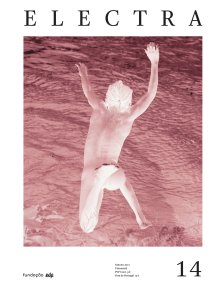
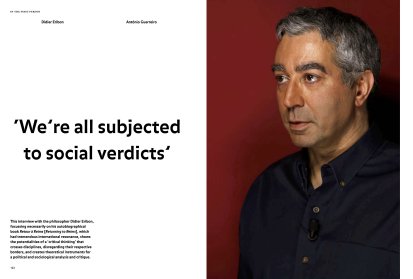
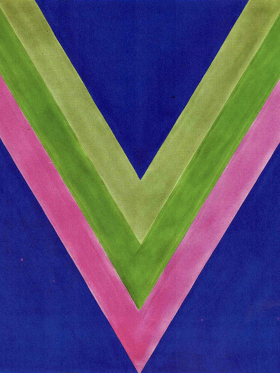
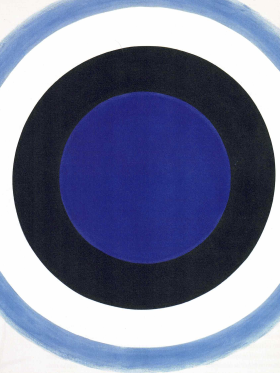
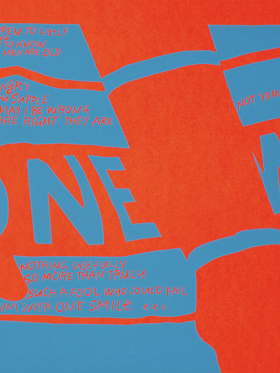
Share article